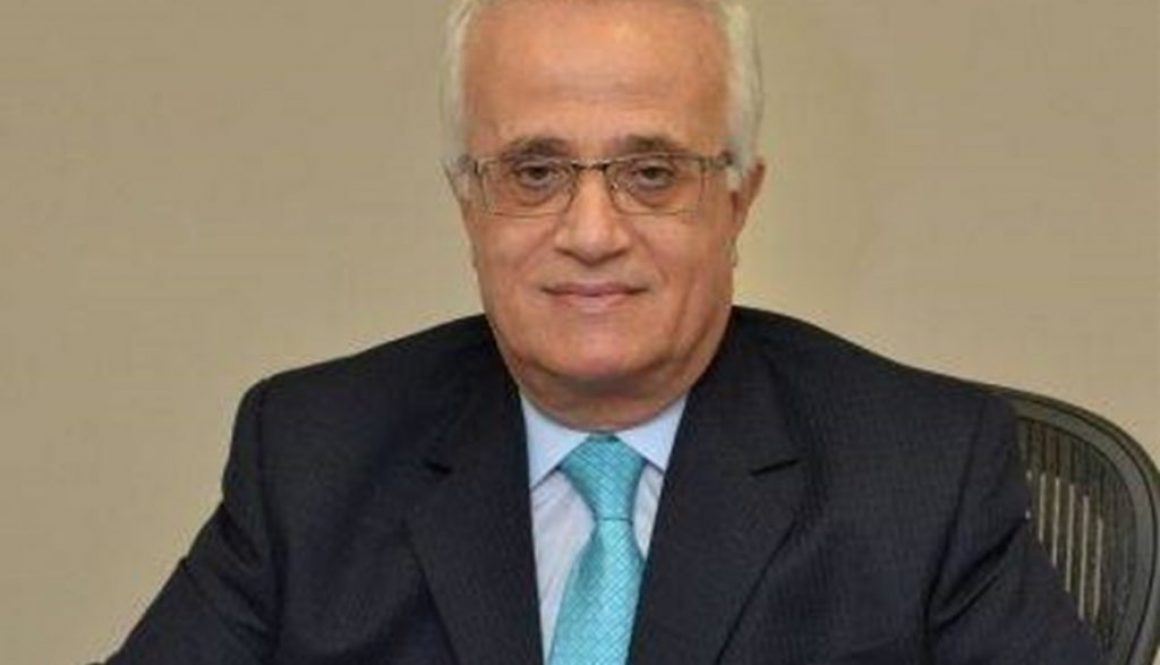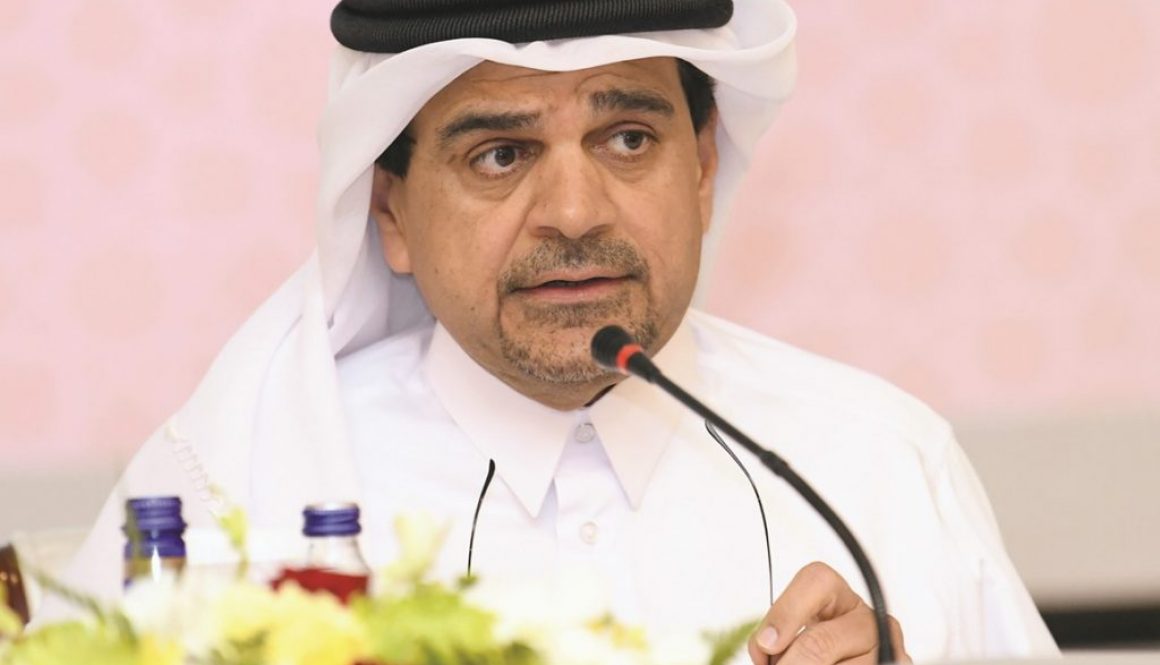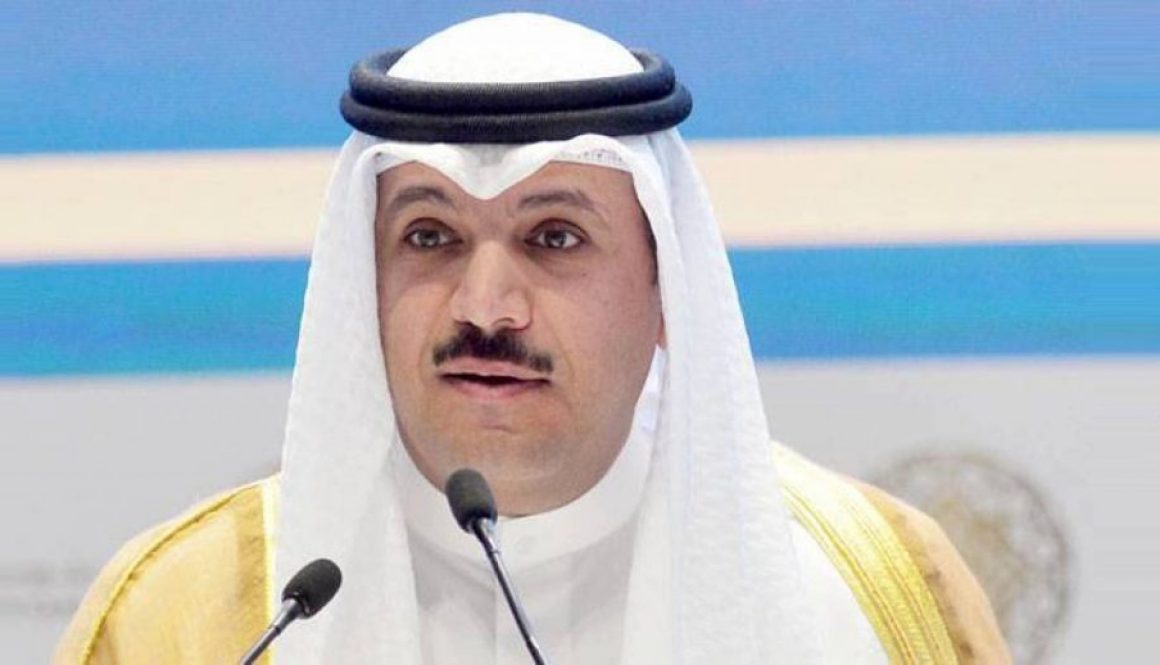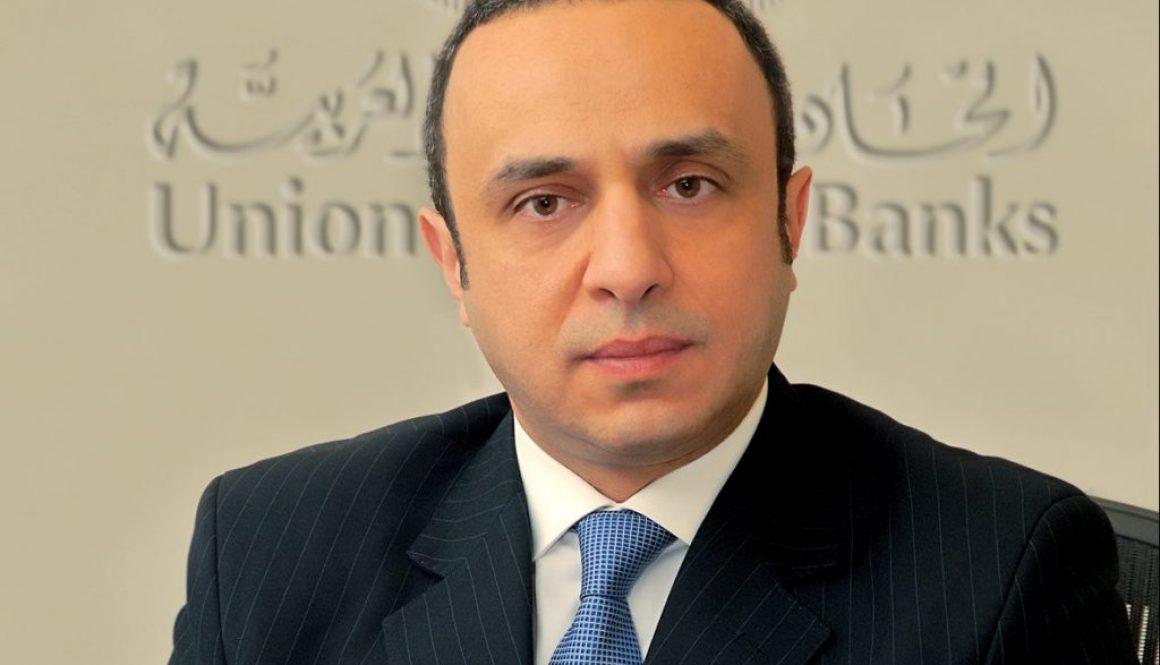High Liquidity for Lebanese Banks in Iraq Investment Opportunities Are Available and BBAC Proceeds at Steady Pace!
Aug. 05, 2020
The withdrawal of a number of Lebanese banks from the Iraqi market didn’t go unnoticed as some are still concerned about this matter, given the importance of Lebanese investments in Iraq whether in the banking sector or in the other economic sectors. However, the fear of the remaining banks on the market is dissipating, which was confirmed by the Assistant General Manager for External Expansion at BBAC, Chawki Badr, during his interview with the daily newspaper “An-Nahar”.
The Lebanese banks working in Iraq have been able to establish their presence in this country, whether in terms of the volume of deposits that exceeded USD 1.3 billion at the end of 2019, or in terms of their effective contribution in the foreign trade finance transactions such as opening letters of credit, issuing external guarantees, making transfers, and strictly adhering to the requirements of the Law on Fighting Money Laundering and Terrorist Financing.
Well informed about the state of the Lebanese banking sector in Iraq and the measures taken by the Central Bank of Iraq, Badr says that “some of these banks strongly entered the Iraqi market for their belief in the availability of suitable opportunities for investment, while others waited and entered reservedly to assess the market and to seek the available investment opportunities”.
He considers that “the decision of withdrawal of some banks was taken after finding out that the current conditions won’t allow them to continue working and meeting the new requirements of the Central Bank of Iraq. Although, it was possible for them to act in accordance if they have decided to continue to work inside Iraq. As for BBAC, we are staying in the country and we will continue to provide all banking services to our customers”.
Requirements of the Central Bank of Iraq
What are the new requirements of the Central Bank of Iraq, and were they a factor behind the withdrawal of some Lebanese banks from Iraq?
The Central Bank of Iraq, pursuant to circular number 9/2/449, issued on 11/11/2019 new instructions attached to previous ones regarding the balances of Iraqi banks including foreign banks abroad.
Badr explains that the Central Bank of Iraq allowed the deposition of only 30% of the total bank deposits in foreign currency outside Iraq or 20% of its capital and reserves according to the higher number, and to maintain 70% of deposits or 80% of the capital inside Iraq, provided that the value of external guarantees and confirmed letters of credit are beyond the above proportions”.
“The above proportions were amended later to become 50% of the value of external guarantees and letters of credit (confirmed and not confirmed), he adds. “It excludes also the investment in the international bonds of the Iraqi Government circulated in American dollar from the ceilings on the external balances, and the deadline for compliance with these instructions was set for no later than 31/12/2019. These instructions were respected in general and within the given deadline”.
So what are the recent challenges?
Badr indicates that “with the downgrade of Lebanon’s sovereign credit ratings to SD, the Central Bank of Iraq issued on 21/5/2020 new instructions specifically directed to Lebanese banks under the number 9/2/159 requesting accordingly the immediate transfer of the value of the excess of 30% of the deposits or 20% of the capital of the external balances into Iraq and the transfer of the complete value of the external account balances to correspondent banks whose credit rating is not less than B, by allocating a sub account from the parent bank accounts, dedicated to the branches of Iraq; which means not allowing to deposit any sum at the parent bank in Lebanon due to the downgrade of the sovereign credit rating below B”.
“The instructions comprised also the need to capitalize the realized profits for the Lebanese bank branches in Iraq for the years 2021, 2020 and 2019 in order to enhance its operating capital of USD 50 million per bank, and not allowing their transfer to the parent bank, and the application of the operating capital of the branch in Iraq in evaluating the basic financial indicators.”
Badr points out that “the Lebanese banks haven’t encountered any difficulties in implementing these instructions, although the last condition would limit their activity in granting credits. For example, if the capital of a bank is USD 600 million, it can lend to the single customer or the interconnected group USD 60 million as a maximum that represents 10% of its capital according to the instructions of the Central Bank of Iraq, while the maximum loan amount is now and after the last instructions USD 5 million that represents 10% of the operating capital of the branch in Iraq of USD 50 million”.
Budget of Foreign Branches
The measures don’t end at this point, after they made an important decision related to the volume of budget of the foreign bank branches working in Iraq. Hence, Badr says: “The decision requires that the budget should be at least equivalent to the value of the capital of the Iraqi Bank, amounting to 250 billion Iraqi dinars, equivalent to USD 210 million, within a maximum period at the end of 2021. This measure may have been a motive to a number of Lebanese banks to consider withdrawing from Iraq, but I guess that the Central Bank of Iraq will be flexible with this requirement by extending the deadline until after the end of 2021 for the banks that are willing to continue and prove their seriousness by increasing their business volume”.
How did BBAC manage to meet the requirements of the Central Bank of Iraq to continue working on that market?
“We will continue working in Iraq and meeting the requirements”, Badr affirms. “We have already adhered to the required procedures, and even the volume of the budget required to be secured by the end of 2021 is currently available and more than doubled, especially that our bank is ranked first among the Lebanese banks in Iraq in terms of total assets and value of net profits. We recently signed an agreement with Credit Libanais bank to own its portfolio following their withdrawal from Iraq, and we are currently holding discussions with other Lebanese banks in this regard”.
Expansion Projects
For the expansion projects in Iraq, the entry of BBAC in 2009 into the Iraqi market marked a quantum leap that yielded fruitful results. In this context, Badr announces that they will continue to develop their business and expansion plans as they are heading to “open a new branch in Erbil in addition to the current branch and our two branches in Baghdad and Sulaymaniyah, besides a wide network of ATMs that comprises 14 machines to meet the needs of the market”. Badr reveals that “the bank is looking to expand in other Iraqi governorates given the presence of different fields of work and promising investment potentials”.
Hence, BBAC will proceed its business in Iraq at a steady pace while looking forward to the available opportunities and prospects, in order to achieve more successes.









